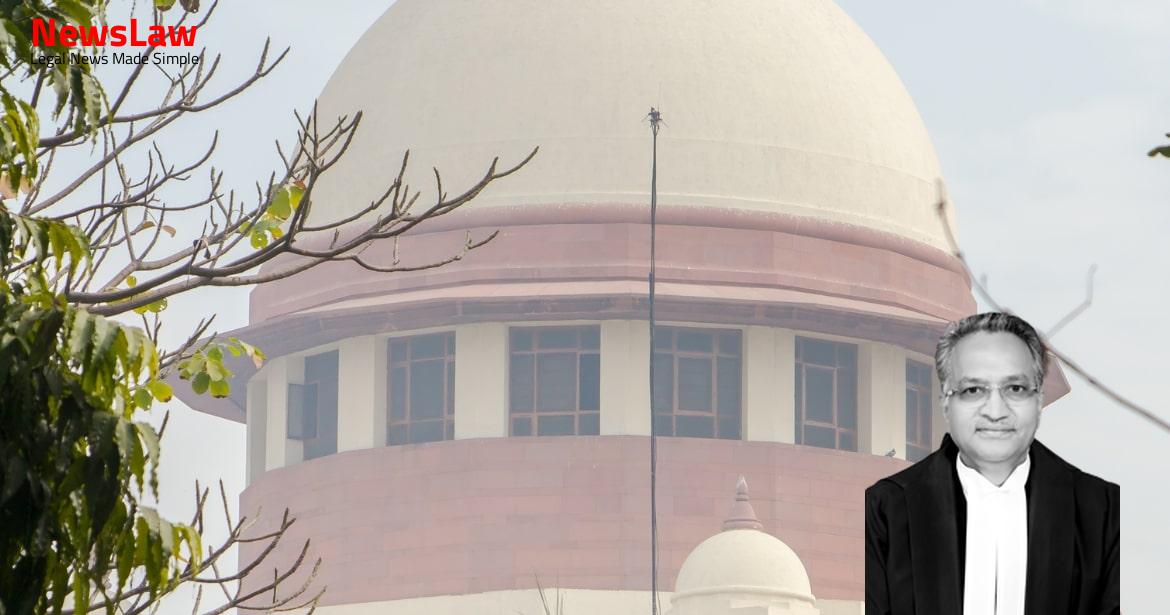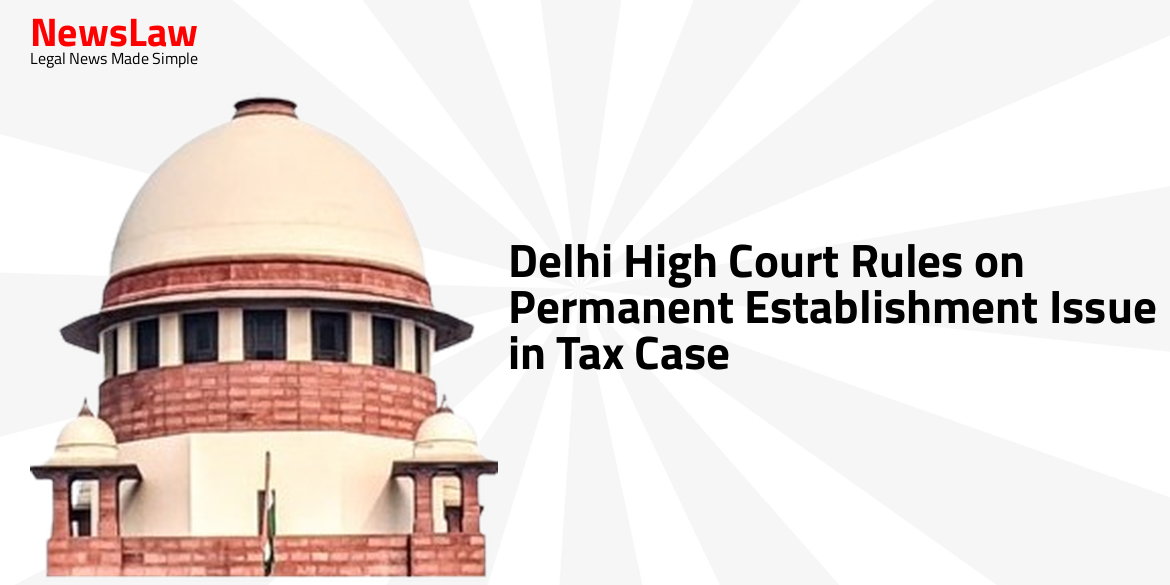The National Green Tribunal’s decision on its suo motu power has sparked a legal debate on the extent of its jurisdiction under the NGT Act. Legal experts are examining the court’s analysis on whether the NGT can initiate actions on its own accord without a specific party moving the forum for environmental disputes. The case delves into the statutory confines of the NGT’s powers and its role in addressing environmental concerns comprehensively. Stay tuned for a closer look at the legal intricacies of the NGT’s jurisdiction.
Facts
- NGT took suo motu cognizance of an article titled ‘Garbage Gangs of Deonar: The Kingpins and Their Multi-Crore Trade’
- Directed the article writer Ankita Sinha to be the applicant in the case OA No 510 of 2018
- Inspection of Deonar Dumping site conducted by representatives of various environmental authorities and the Municipal Corporation of Greater Mumbai
- The NGT noted that the landfill site failed to comply with the provisions of the Solid Waste Management Rules, 2016.
- NGT ordered MCGM to pay compensation of Rs. 5 crores due to the evident damage to the environment and public health.
- The Court stayed the operation of NGT’s order in the Civil Appeal No. 86/2019 of MCGM.
- Analogous consideration of related cases was arranged to address the common threshold jurisdictional issue of whether NGT has the power to exercise suo motu jurisdiction.
- Several learned Senior Counsels, including Mr. Mukul Rohatgi and Mr. Dushyant Dave, took a common stand on the jurisdictional issue.
Also Read: Insurance Claim Repudiation due to Fire Incident: Court’s Legal Analysis
Issue
- The issue at hand is whether the National Green Tribunal has the power to exercise Suo Motu jurisdiction under the NGT Act 2010.
Arguments
- NGT cannot directly adjudicate on concerns of violation of fundamental rights.
- NGT’s role is limited and clearly defined by the statute.
- NGT does not have inherent power of residuary character.
- NGT cannot exercise suo motu power as it is not conferred by the NGT Act.
- NGT can only act when moved by an outside party, not on its own motion.
- Disputes must involve a claimant and be capable of settlement by the NGT.
- NGT’s jurisdiction is over environmental matters with defined limitations.
- NGT is a creature of the statute and bound by statutory confines.
- NGT does not have general power of judicial review like Writ Courts.
- NGT cannot act suo motu without someone moving the Forum.
Analysis
- The National Green Tribunal (NGT) is a specialized forum with a unique and comprehensive jurisdiction to protect the environment.
- The NGT is not just an adjudicatory body but also performs wider functions in prevention, remedy, and amelioration.
- The NGT has been conferred with the widest powers to provide appropriate relief as justified by the circumstances of the case, even if not specifically prayed for by the parties.
- The NGT has the authority to initiate action when required to protect the substantive right of a clean environment, and procedural laws should not hinder its application.
- Procedural provisions must align with substantive environmental rights invoked in the public interest.
- The NGT should be allowed to take preventive actions, settle disputes, adjudicate environmental questions, and pass orders regarding environmental issues.
- The NGT’s powers must be understood to be of the widest amplitude, and any procedural limitations should not obstruct its functioning.
- The NGT has powers to pass awards, decisions, and orders, even without an active dispute, for effective environmental governance.
- The NGT’s proactive approach is essential to deal with environmental exigencies effectively and promptly.
- It is crucial for the NGT to have the power to set in motion all necessary functions within its domain and address environmental concerns comprehensively.
- The NGT Act was created to address wide-ranging environmental concerns and perform preventative, ameliorative, or remedial roles.
- The NGT is a sui generis institution with a specialized and unique role in dealing with environmental issues.
- Environmental justice and equity are pivotal threads of the NGT’s fabric, ensuring a fair distribution of environmental risks.
- The NGT’s jurisdiction combines various functions like appeal, judicial review, and enforcement for the benefit of those with a right to a clean environment.
- The NGT has powers to pass orders and apply principles like sustainable development, the precautionary principle, and the polluter pays principle in environmental cases.
- The NGT must actively prevent and address environmental degradation and ensure access to information, public participation, and justice as per the Rio Declaration.
- The NGT’s role is not just adjudicatory but extends to making decisions and issuing orders to governmental authorities or polluters.
- No application for adjudication of dispute under Section 14(1) of the NGT Act can be entertained by the Tribunal if it is not filed within six months from the date the cause of action for the dispute first arose.
- The Tribunal has the discretion to allow the application to be filed within a further period not exceeding sixty days if it is satisfied that the applicant had a sufficient cause preventing them from filing within the initial six-month period.
- Section 14(1) of the NGT Act focuses on jurisdiction and the specific time limits for filing applications related to disputes.
- The National Green Tribunal (NGT) is advised to answer pointed questions in the affirmative.
- The NGT must act when necessary without indefinitely waiting for action.
- It is declared that the NGT has suo motu power in discharging its functions under the NGT Act.
Decision
- NGT has directed delinking of cases for separate hearing on merits
- Cases to be heard individually before the Bench presided over by Justice A.M. Khanwilkar
- Registry to post the matters on 25.10.2021 for direction and fixing date of hearing
- Cases arising from the same NGT order are to be heard together
Case Title: MUNICIPAL CORPORATION OF GR. MUMBAI Vs. ANKITA SINHA (2021 INSC 624)
Case Number: C.A. No.-012122-012123 / 2018



